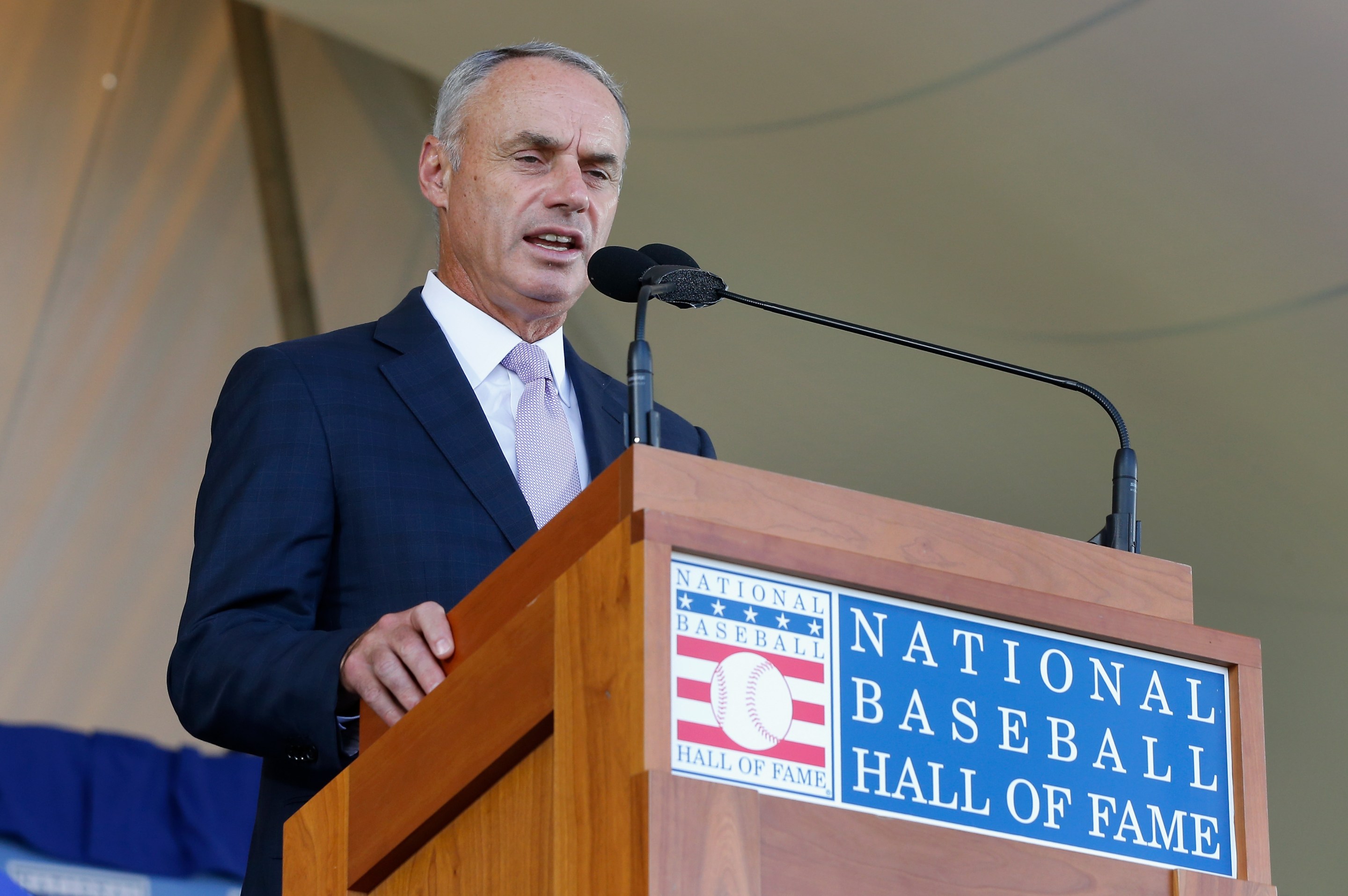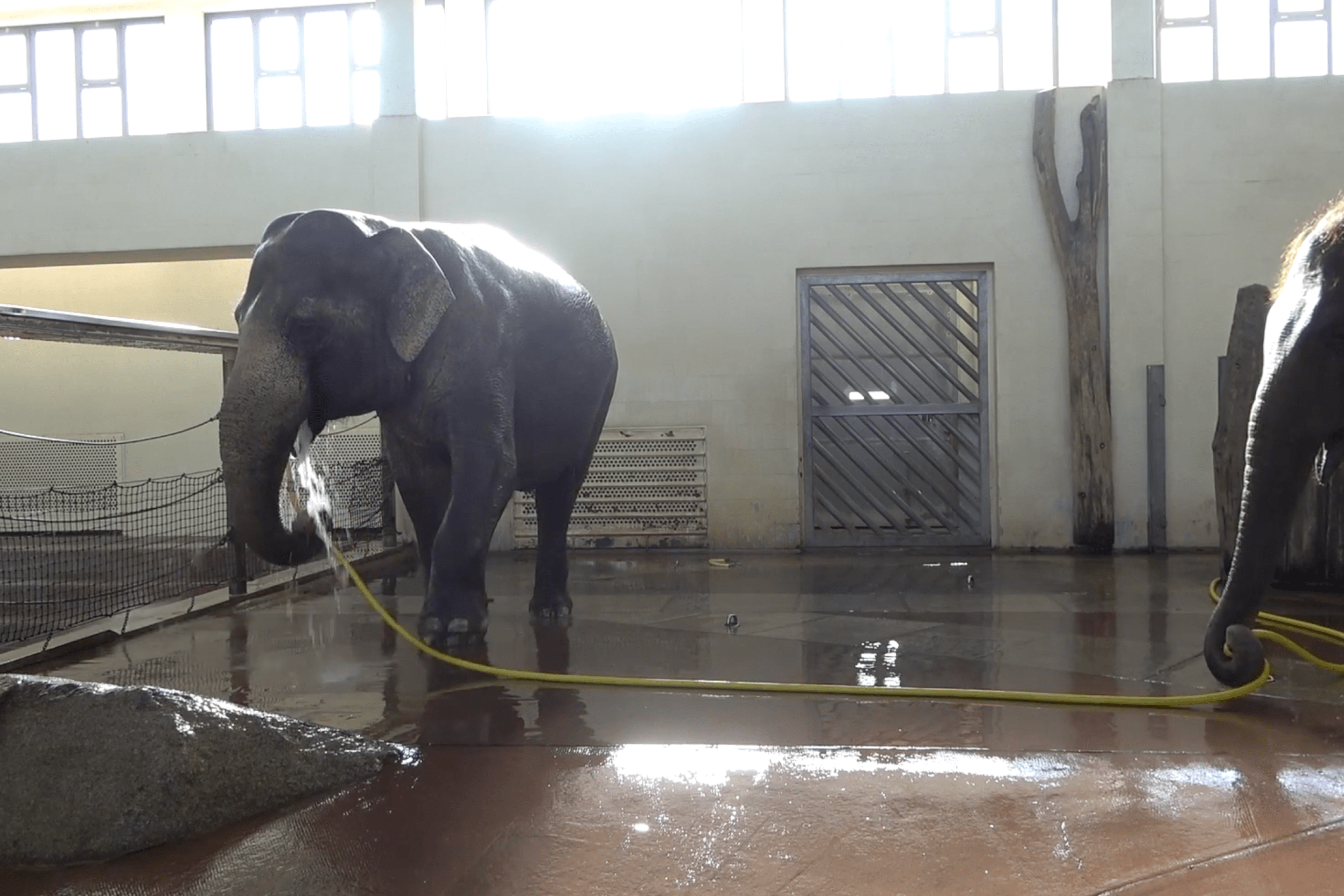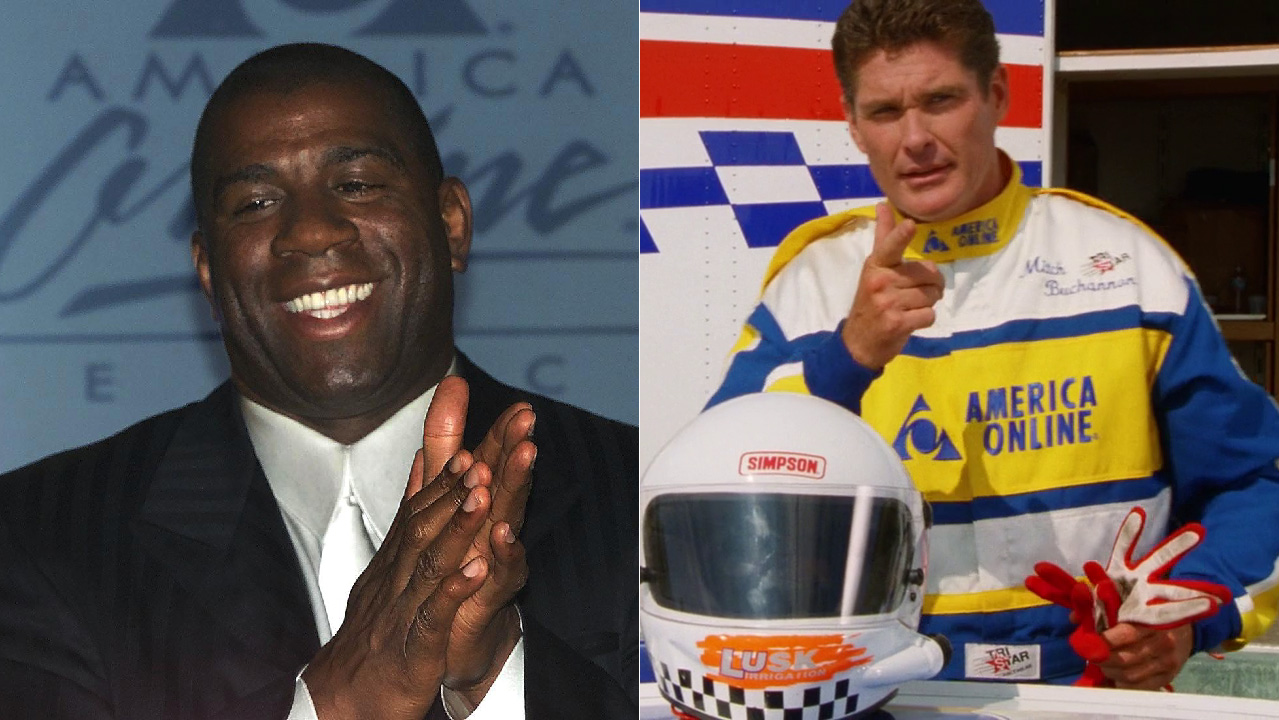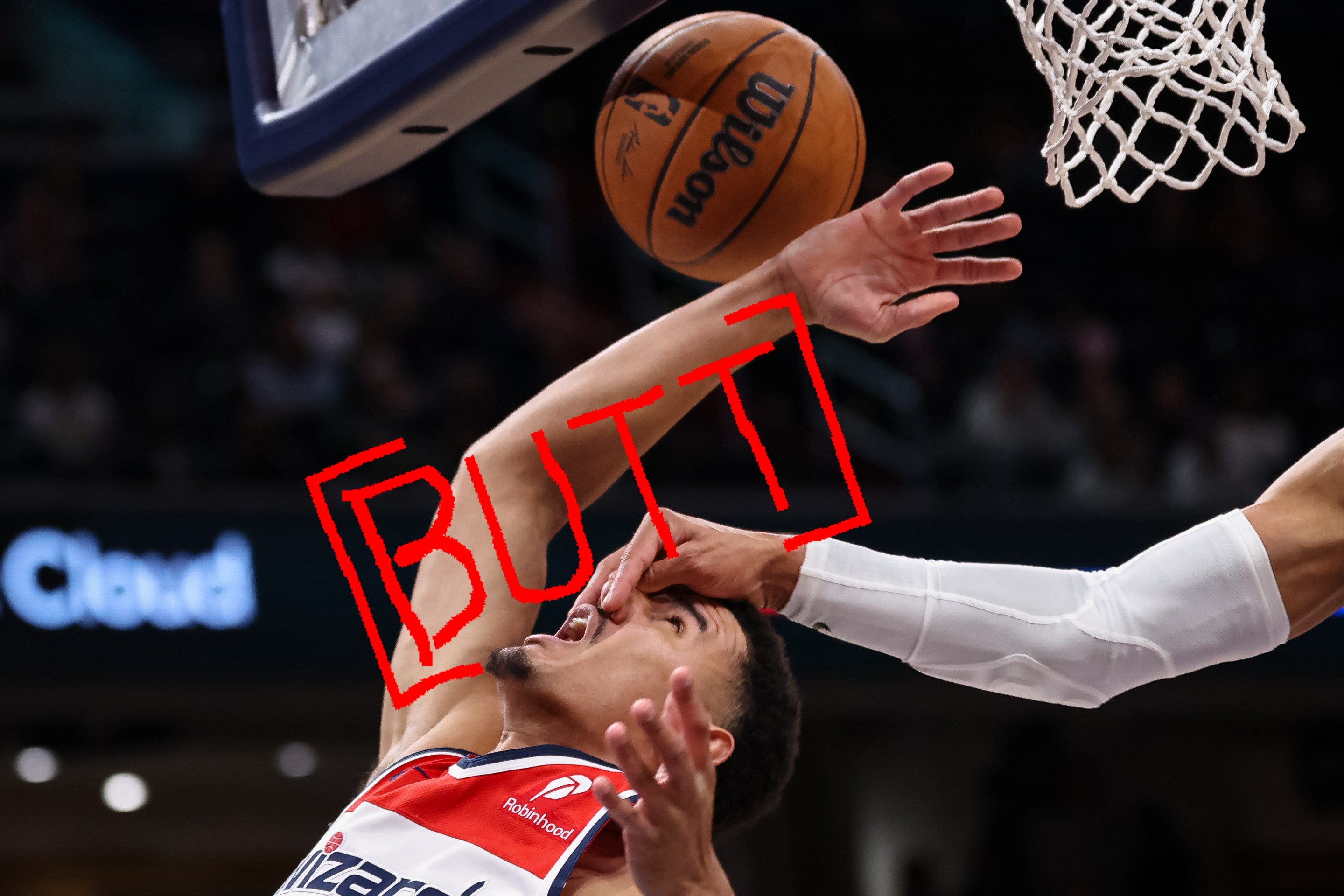Defector has partnered with Baseball Prospectus to bring you a taste of their work. They write good shit that we think you’ll like. If you do like it, we encourage you to check out their site and subscribe.
This story was originally published at Baseball Prospectus on April 28.
“Feel” is a word used often in and around baseball, despite a certain ineffable aspect to it. It can be in regards to feel for a pitch, but it is often applied to someone’s feel for a situation. Their ability to read the room, understand their environment or audience, and then play to it accordingly. It’s a bit of a catch-all that can encompass charm, grace, dignity, respect or, more generally, just meet the moment—whether that requires fading to the background or taking center stage.
Rob Manfred has no feel. That’s really what it boils down to in most situations. It’s not that he’s incompetent. He’s had an incredibly successful career as a lawyer and baseball executive, because he’s smart, understands how things work, and can push things to his advantage. He’s especially adept at leveraging power. He just doesn’t know how to do it without rubbing people the wrong way.
His interviews are simultaneously orchestrated and ham-handed. When they’re less than orchestrated, he can be defensive and snippy. But mostly, he just comes off out of touch. Take for example, the most recent thing he said out loud and on the record for some reason:
Rob Manfred on Sportico Live: "Sports betting is a massive opportunity for fan engagement."
— Bill Shaikin (@BillShaikin) April 27, 2021
He said Adam Silver told him to stop talking about pace of game, because baseball's pace of game is perfect for sports betting (meaning wagering between pitches and innings).
Gambling is a hot-button issue for a lot of fans and media, who don’t really like how often it seems to intrude on what was formerly everyday life in baseball. My sense is that it’s less an issue that each game has an over/under and betting line, so much as the obligatory mentions of how a quirk of the game unfolding on the field impacted a sportsbook at the tail end of a game recap.
I don’t personally mind these kinds of things, though I understand where complainants are coming from. I recently whined about MLB Network having an “Odds” section on their rolling crawl, showing me in-game betting odds (from which site or book, I have no idea). And the league has generally cozied up to these things, partnering with MGM and places like DraftKings and FanDuel in various capacities. So the “massive opportunity” part of Manfred’s statement above is no surprise, even if I’d argue it’s less for “fan” engagement than it is “gambler” engagement. You don’t have to be a fan of a sport to bet on it, after all.
No, it’s the second part that is devoid of feel. You read Baseball Prospectus, so you know that Manfred has made a considerable effort to single out pace of play as one of the major ills of modern baseball, and has taken great lengths to combat it. He’s implemented pitch clocks (which get ignored), a(n ineffective) three-batter-minimum rule, and is about to test a whole host of measures throughout the minor leagues with pace of play in his crosshairs (though not only pace of play, to be sure).
Whether you agree with Manfred or not regarding pace of play being a problem (I personally wouldn’t mind a brisker pace), it is frustrating to see the thing he’s made the subject of his ire so willingly disregarded because another sport’s commissioner said “you could make some coin off that, dum-dum.”
The commissioner professes to love the game, as he described to The Athletic’s Evan Drellich in September of 2020:
“What I do take exception to: People routinely write about how I feel about the game,” Manfred said. “They have no idea how I feel about the game. The fact that, you know, I don’t wear an ‘I love baseball’ tattoo on my forehead doesn’t mean that I don’t love the game. I actually do. I’ve devoted the vast majority of my career to it.
Aside from the conflation of devoting his career to the interests of ownership rather than the interests of baseball, there are some other things worth parsing. First, we can note the defensiveness that’s again present. But beyond that, he claims to be misunderstood by the people tasked with interpreting his actions and how they reflect his feelings for the game he is nominally responsible for. One might consider that if your actions are such that people think you loathe or lack respect for a game that you actually love, perhaps you’re going about shaping it indelicately, to say the least. But beyond that, people might have a better idea of how Manfred feels about the game if he showed his love for it a little more often. Instead, it’s all business, all the time, which is why media and fans have a mercenary perception of him.

And that couldn’t be more evident in the quote above to Sportico—a publication and medium devoted to the business of sports. This is where Manfred operates and it is where he is most comfortable. It’s why the way to get him to rethink whether pace of play is an issue is to point out that a slower game might be a more profitable one, even though he’s spent years arguing the opposite. It’s also because the business of sport is where he’s best. Make someone a ton of money and they’ll overlook a lot of things, be it referring to the World Series trophy as a “piece of metal,” or snidely congratulating a reporter on doing their job. While Manfred has shown a mind for money, he’s either never been able to differentiate between what’s “good for business” broadly speaking and what is “extracting every last penny” in the short term, or he’s always been willing to sacrifice the former for the latter. If the numbers were crunched and it was determined that adding four seconds between pitches enabled enough bets to make some money, you can bet (ha ha ha) Manfred would go for it. It’s the kind of bloodless dedication to optimization that earned sabermetricians a generation’s ire, except that the victories are buried in hidden income statements.
The tone-deaf nature of these comments isn’t frustrating because he was making progress on an important issue for the game and suddenly stopped. It’s because it was another entry in a long list of ways Manfred has made clear where his priorities lie, and the sort of dollar-oriented audiences with which he shares affinity. While he often tries to frame things that are good for ownership—his bosses—as things that are good for the game, pace of play was a rare instance where that wasn’t necessarily the case, at least on its face. And while it’s possible he won’t drop his pursuit of a livelier clip just to appease gamblers, or that baseball leaves plenty of time to get those bets in regardless, we can’t help but wonder why someone in his position would feel the need to tell this story in the first place. They’d have to have no f… oh, right.





